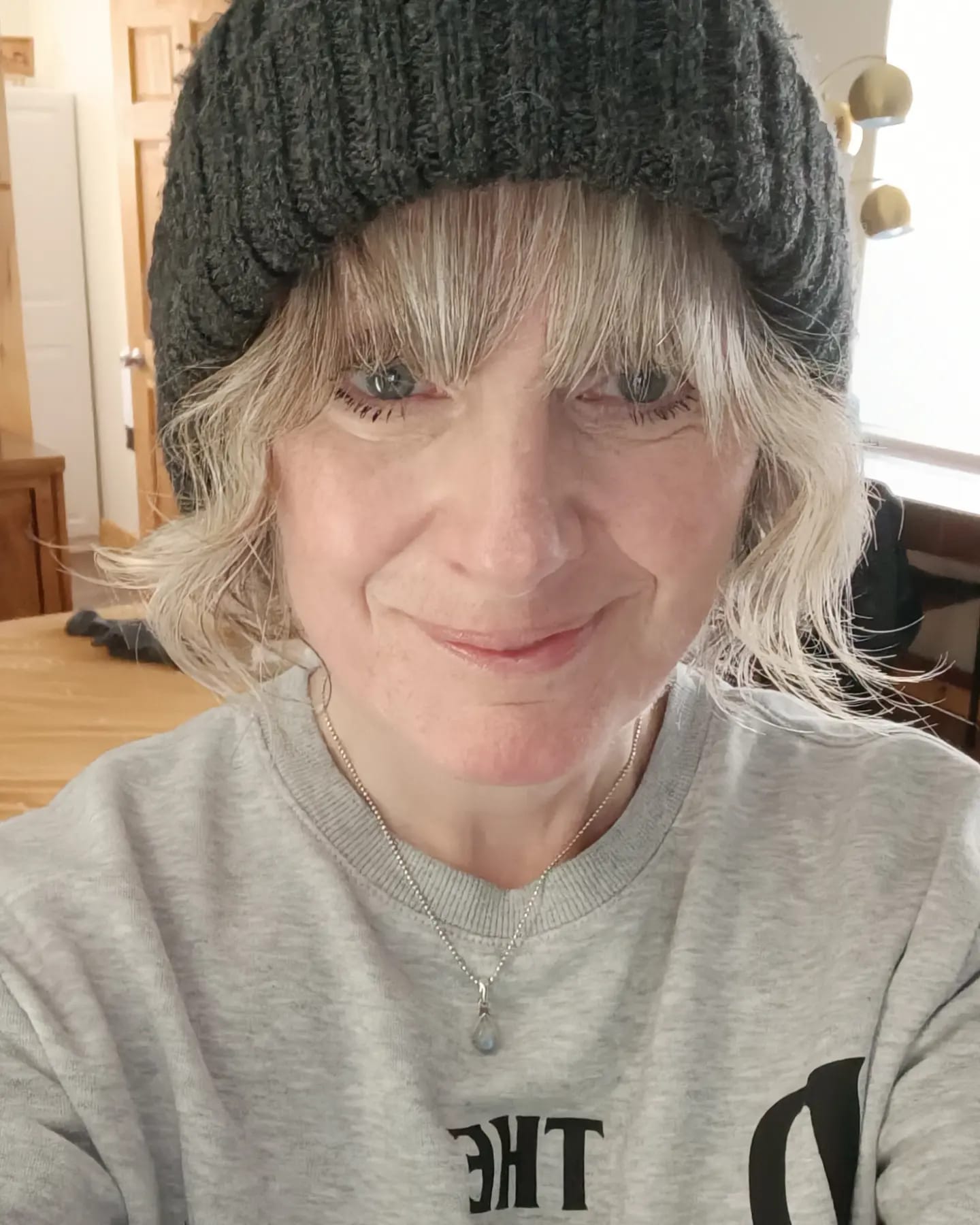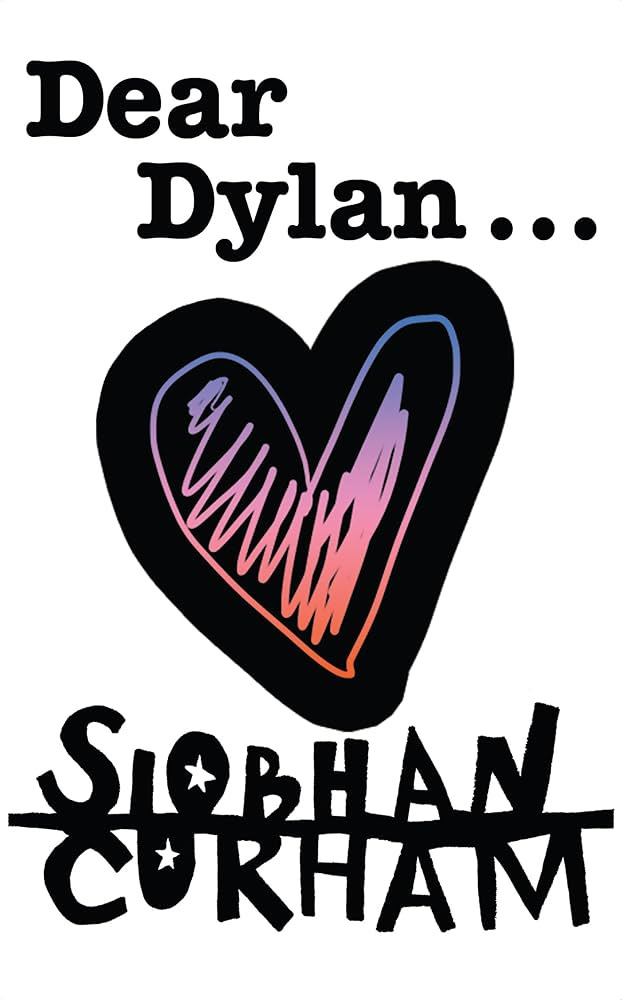How do you handle rejection? Award-winning author Siobhan Curham shares her experience and answers
Siobhan Curham had it all. A multi-book deal. Sales. Success. Then, overnight, her publisher dropped her. How did she regroup? As a single parent, make money? Then, win a major book prize?
Q: Growing an audience for a book. What works for you?
Don’t care about how many social media followers you have. Focus on the ones you do have. Create content for them which is entertaining or inspiring, or helpful. Then I don’t think you can go far wrong, or I think you will have a far more positive and enjoyable experience if you do that.
There’s this obsession with numbers when it comes to social media, and I understand that. But I’ve seen people almost driven crazy by that, be so stressed out, and complaining out loud, ‘What should my brand be?’ because they want to create a certain look on social media.
I think if you create from the heart; don’t try and be too perfect, and polished. Imagine your speaking to one person and that person’s a friend, so you have that warmth in your voice, that authenticity.
I’m about keeping it real. This year, I’ve given up my flat in the UK and gone travelling. Just me and my suitcase. I don’t know when I’m coming back. I’ve had feedback from people who say I am an alternative travel influencer, because I do always try to keep it real.
I redefined success for myself many years ago, after I got dropped by my first publisher. I thought at that point that my writing career was over, but until then I’d been guilty myself of being obsessed with numbers as my only measure of success.
Today, I don’t care how many social media followers I have, and it feels really empowering to say that. To me, those numbers doesn’t mean anything, but what does is that the people who follow me engage with me, we have great conversations, we private message. It feels like a beautiful, tight community where there’s no nastiness. That suits me. And there’s a real freedom that comes with that.
Interestingly, this actual interview sparked from connecting on Substack . I left a comment on one of your posts.
That was my first impression of you Glenn, when we first connected on Substack. You commented on something I posted. I thought, ‘This is a genuine person. This isn’t someone commenting because they’re obsessed with getting a follow back’. And I then had no hesitation in following you. I just thought this guy was interesting. It’s a great example of being in social media, not for the numbers but for the real connections. And it was such a great comment. You were sharing from the heart. I enjoyed reading it.
Q: In your career, how have you handled rejection?
I was really lucky. The first books that I wrote, I got an agent and I got book deals. ‘Living the dream’. But then I got dropped by my publisher after three novels, which felt like a huge rejection. It was awful timing, because I had just become a single parent to my son and overnight, I had also lost my sole income. I felt like a failure.
I was fortunate in a sense, because I was a single mum. I couldn’t mope. I had to get off my butt and do something about it. I turned the rejection I had received around and I redefined what success looked like. It took me a while. But I knew I wanted to carry on working in the world of books, so I became an editor and a writing coach. I started running workshops. I had an income again.
I was doing workshops in schools, and I had teenagers saying to me, ‘Have you written anything I could read?’ But I hadn’t, because all of my books until then had been for adults. So I ended up self-publishing my first novel for young adults, ‘Dear Dylan’, self-published because I was convinced I’d never get another book deal.
But the experience was one of the best of my career. I didn’t have that fear of what a publisher may or may not want. I wrote from the heart and I gave the ebook of ‘Dear Dylan’ away for free, because it wasn’t about the money or the sales figures for me anymore, I just wanted to connect.
‘It was magical… I haven’t looked back’
I saw an article in ‘The Bookseller’ magazine about the national YoungMinds book award, and I thought, ‘What the hell. I don’t stand a chance. I’m going to enter’. ‘Dear Dylan’ was accepted, even though it was self-published. It ended up being shortlisted and all the other shortlisted authors were bestsellers from major houses. The awards ceremony was in London and like this really big do. Just being there for me was as good as winning. But ‘Dear Dylan’ ended up winning.
And I was just there, at this awards ceremony, on my own. I had no publisher to attend with me! It was magical. And the next day everything changed. The story of me winning was in ‘The Bookseller’ magazine – you know, ‘Self-published author wins major award’ and I had agents contacting me, people who had rejected me previously, suddenly wanting to represent me.
In the end, a woman, who had always wanted to set up her own literary agency, but hadn’t, contacted me. I ended up going with her as her first client, and I haven’t looked back since. My book went to auction, with eight publishers bidding for it, and ever since then I’ve had traditional book deals for my work.
For people dealing with rejection, I would say, ‘Don’t see it as the end. It’s something you can learn from. Never give up’. If your passion is to be a writer, that’s your passion.
‘Be willing to change, try something new’
I saw an article in After ‘Dear Dylan’ and the YoungMinds award, I was writing for young adults for about 10 years, and doing well, but I wanted to write fiction for adults again, so I did. My agent sent my manuscript out to everyone, but I kind of knew it wasn’t good enough. I’d had to fit in writing it around the edges of other work. And it was rejected, with publishers saying, ‘We love the writing, but it didn’t fit neatly into a pigeonhole. We can’t see how we would market this’. I took that on board.
Because you have a choice. You can let your ego lead you when it comes to rejection, and sulk and be precious and stubborn. Or, if you’re serious about writing and you want a career in it, you can take it on the chin, pivot and say, ‘Okay, you have a point. My book doesn’t fit neatly into a pigeonhole’.
At that point, the publisher Bookouture got in touch, having read my manuscript. They said they really liked my writing and asked if I had considered writing historical fiction, which they thought would work. And I saw an opportunity, because I had always been interested in history and particularly World War Two. I met with an editor at Bookouture and said, ‘Yes’ and I’m now today working on my seventh book for them. I’ve had bestsellers. My last book with them, ‘The Storyteller of Auschwitz’ has been published in seven different languages. I’m achieving now my best success as an author, success which can be directly linked back to a rejection.
I guess the lesson from that is, ‘Be willing to change, to try something new – if what you’ve been doing until that point hasn’t been working’.
Q: What are the emotions like when your work is accepted by a publisher?
I think my experiences of success have been extra sweet – because I’ve had to overcome setbacks. I don’t take success for granted, so when those moments happen they’re wonderful. I guess they’re the moments as authors we’re all holding out for. It was just wonderful when all the foreign rights deals were coming in for, ‘The Storyteller of Auschwitz’.
I think, looking back, being dropped by my first publisher when I was, was the best thing that could have happened. It kept my feet on the ground. Since, even when things are going well, I always check myself, so I don’t get too carried away. And I actually try not to get too attached to that success, because it feels like perhaps I’m setting myself up again for future disappointment. Publishing is such a fickle industry. It can change so quickly.
I keep bringing myself back to that child who loved to create stories. Don’t get sucked into the hype, because I’ve had that in the past and then I lost it, which was crushing. Enjoy and celebrate your successes, yes, but then I bring myself back to my writing, and writing for the joy of it, which keeps me grounded.
Q: If a reader is interested in discovering more of your books Siobhan, recommend a title they can look up?
I guess it depends on what the reader likes. But if they like historical fiction, I would point a reader to ‘The Paris Network’ [Bookouture, 2022], which had such a great response.
It’s set during World War Two and it is about the power of books, and the books the Nazis banned. As a form of resistance, a bookstore owner sets up a secret book club to read banned books. There are echoes today in the USA, where I am currently living, of different books being banned in different states.
If you’re a book lover, ‘The Paris Network’ is just a celebration of books and how they give us inspiration to remain hopeful in the darkest of times.






Love this, Siobhan. I was a huge fan of your early writing (still am!). I think I read Dear Dylan when it was first pubbed and loved that too. You’ve gone from strength to strength while keeping your feet firmly on the ground. I would agree with all that you said above. Keep it real! Enjoy your travels and well done you! x
For reference, Siobhan Curham is definitely worth subscribing to on her Substack 'Wonderstruck': https://siobhancurham.substack.com/